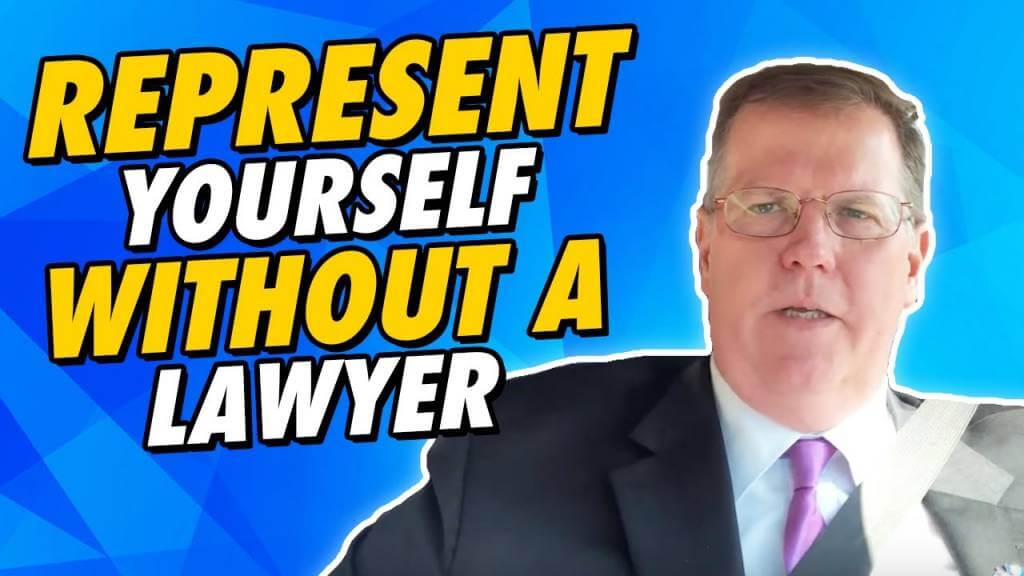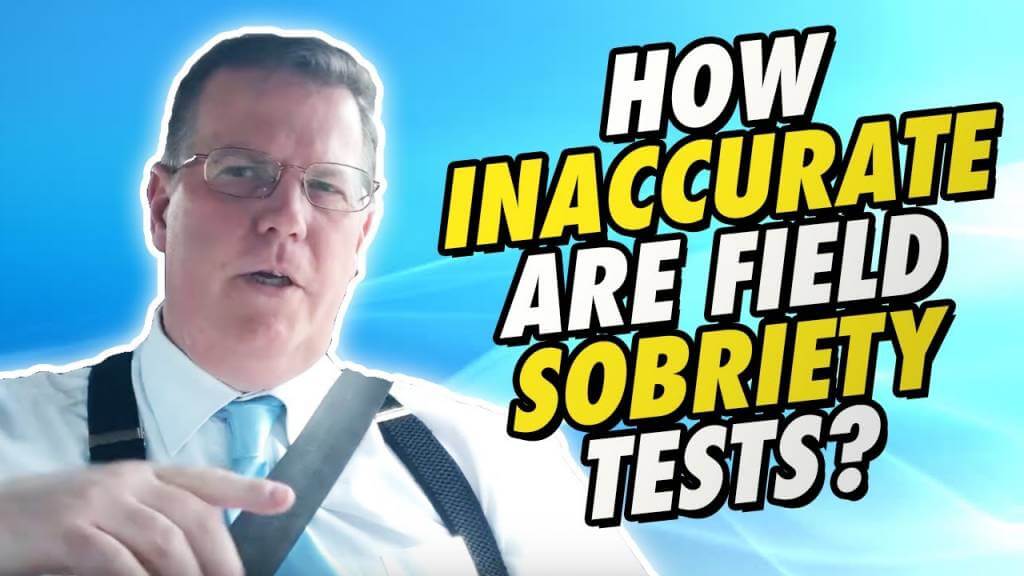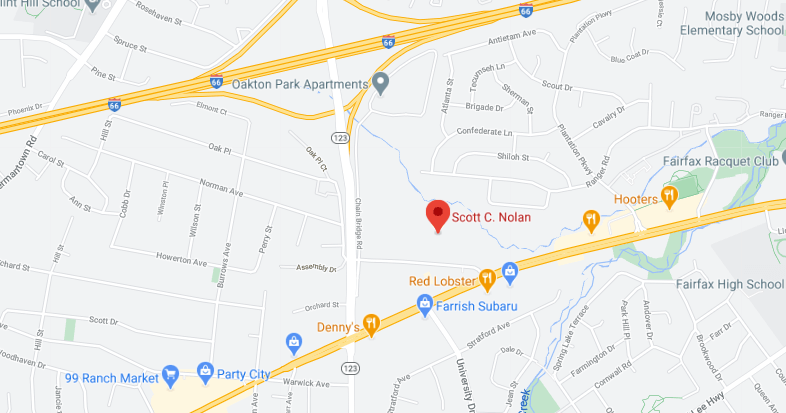First offender diversion programs are part of pretrial diversion programs. They vary from court to court across Virginia, with each court or prosecutor determining that court’s diversion program protocols. What it might look like for you specifically depends on which Virginia courts would be involved in your case.
Virginia First Offender Program
In general, these programs represent an agreement developed between the defendant (the person charged with the crime) and the prosecutor. The defendant could have the opportunity to avoid spending time in jail if they agree to and successfully complete several requirements.
Failure to complete those requirements could send the defendant to prison after all, so it’s vital they be committed to following the steps.
The reason for these programs is to try to help the defendant get their life back on track and avoid future crimes by giving them a chance for rehabilitation rather than incarceration. But when they do successfully complete everything needed, the charges are dismissed and won’t appear on their criminal record.
What Requirements do Pretrial Diversion Programs Have?
Some typical requirements to have charges dismissed and not show up on the defendant’s criminal record may include one or more of the following.
- Drug or alcohol treatment
- Community service
- Restitution payment to the victim
- Counseling or therapy
- Staying out of further legal trouble for a specified period (such as probation)
- Completion of GED programs for defendants who didn’t finish high school (to help them become more employable)
- Parenting classes
- House arrest (with electronic monitoring and random home inspections)
If you or a loved one has been charged with a crime for the first time, it’s vital to work with an experienced criminal defense attorney who knows how the local court or prosecutor approaches diversion programs. It may need to be negotiated, and a knowledgeable attorney may help develop a persuasive case under Virginia law.
Who Can Participate in Pretrial Diversion Programs?
Because each court or prosecutor within Virginia determines the specifics of their program, the eligibility varies across the state. However, the likeliest candidates to be considered are nonviolent first offenders.
However, the court or prosecutor can turn down anyone who has prior criminal charges and the severity of the current criminal charges.
Typically, the situations that may allow the defendant to pursue a diversion program include addiction-based crimes (drug possession or dealing or crimes that took place under the influence, such as DUIs), mental health issues, or minor property crimes. It’s highly unlikely that someone accused of highly violent crimes (including murder, sexual assault, or domestic abuse) will be allowed to avoid trial and a criminal record.
Benefits of a First-time Offender Program
Participating in a pretrial diversion program can offer several advantages for individuals facing criminal charges. One of the primary benefits is the opportunity to avoid a criminal conviction. In many cases, defendants who successfully complete a pretrial diversion program have their charges dismissed, allowing them to move forward without a permanent criminal record.
This can be especially valuable in preserving future employment opportunities, securing housing, or maintaining professional licenses that might be jeopardized by a conviction.
In addition to avoiding a criminal record, pretrial diversion programs often offer rehabilitative resources, such as drug or alcohol counseling, mental health services, or educational workshops. These programs aim to address the root causes of criminal behavior, helping participants make positive life changes and reduce the likelihood of future offenses.
By completing the program, individuals can demonstrate a commitment to personal growth and accountability, which can be viewed favorably by the court. Ultimately, pretrial diversion programs provide a path toward rehabilitation and second chances, offering an alternative to traditional criminal prosecution.
Are First Offender Diversion Programs Available for Juveniles, or Just for Adults?
First offender diversion programs are meant to help someone who’s in legal trouble for the first time find ways to avoid getting themselves into trouble again, benefiting both the defendant and the general public.
With that as a priority, Virginia does offer some juvenile first offender diversion programs too. Similarly to adults, juveniles with violent crime charges are not likely to be granted access to a first offender program, even if it’s their first offense.
There are several options for juvenile first offenders depending on where the charges are filed.
- Monitored diversion. A diversion counselor will be in charge of supervising the minor for a maximum of 90 days.
- Hearing. The court may opt to hold a diversion hearing. This involves the juvenile and their parents or guardians meeting with the hearing officer to talk about the charges and what happened. It’s possible that any victims of the crime may attend too. At the end of the hearing, the hearing officer will assign consequences to the juvenile, such as community service or substance abuse treatment and counseling, among other options.
- Victim impact/core value classes. These are educational sessions (and often include homework) where the juvenile learns about the impact of committing crimes. It’s often paired with community service.
- Unofficial counseling. The parents may be asked to counsel the child. If they don’t feel able, the court can provide outside resources.
Are Pretrial Diversion Programs Successful?
The Virginia State Crime Commission (VSCC) published a study in 2021 that looked at the results of having people go through diversion programs rather than going to jail. The study examined 15,715 cases of defendants arrested for new charges in 2017 and tracked their progress.
While results varied from community to community (due in part to different demographics and different types of diversion programs), statewide results show that first offender programs can be successful.
Of those included in the study, only 22% released pretrial were later arrested for a jailable offense within Virginia. Of those arrested, most arrests were for misdemeanor charges, not the more serious felony charges. Only 8% of those released were arrested for a new felony case, and only 2% were arrested for a new violent felony case.
More studies are likely needed, but it may be that Virginia first offender program can help people avoid future charges.
What Should I Do if I’m Facing Criminal Charges as a First Offender?
Call Scott Nolan Criminal Defense as soon as possible at 703-688-9236 to request a free case evaluation. We can study the specifics of your case to determine if you’re a good candidate for the first offender diversion program if it appears the case wouldn’t be dismissed.
Our experienced, knowledgeable criminal defense attorneys understand the nuances of the Virginia first offender program laws involved and can help develop a strategy that could be in your best interests.











